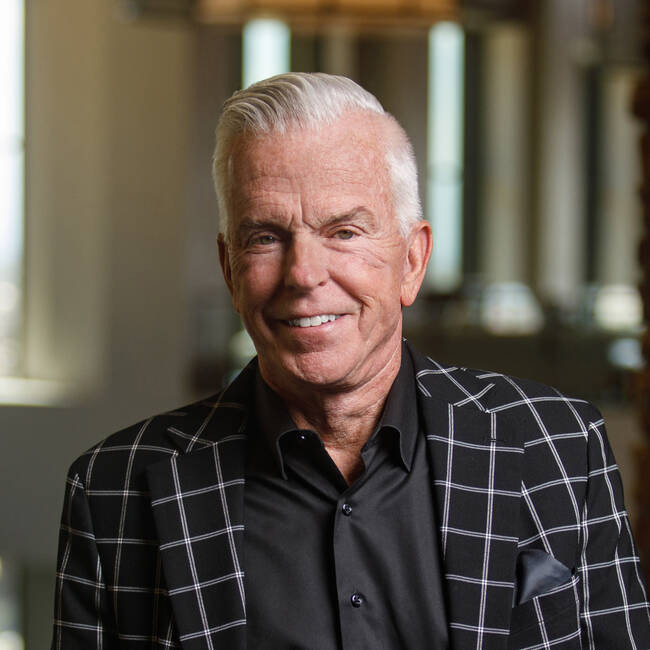
José Hernández
Subject of "A Million Miles Away" on Prime Video, Award winning, patent-holding U.S. NASA Astronaut and Senior Business Executive
Featured Topics
Fee Range
Please contact us for pricing
José Hernández
Biography
NASA engineer José Hernández wanted to fly in space ever since he heard that the first Hispanic-American had been chosen to travel into space. "I was hoeing a row of sugar beets in a field near Stockton, California, and I heard on my transistor radio that Franklin Chang-Diaz had been selected for the Astronaut Corps," says Hernandez, who was a senior in high school at the time, and who had only learned English at the age of 12. "I was already interested in science and engineering," Hernández remembers, "but that was the moment I said, 'I want to fly in space.' And that's something I've been striving for each day since then." His hard work paid off when he was selected to begin training as a mission specialist as part of the 2004 astronaut candidate class.
One of four children raised in a migrant farming family, Hernández had spent much of his childhood traveling between Mexico and southern California depending on the season, picking strawberries and cucumbers at farms along the route.
Through decades of hard work that took him from a graduate engineering scholarship to a role in co-developing the life-saving, first-ever full-field digital mammography imaging system, aiding in the early detection of breast cancer, Hernandez never lost sight of his dream to go to space.
Though he was turned down for astronaut training by NASA eleven times, he persevered—and was selected in May 2004. He ultimately became a mission specialist on the STS-128 mission on board the Space Shuttle Discovery, among other roles as an astronaut for NASA.
Since leaving NASA, Hernández has served as the Executive Director of Strategic Operations at MEI Technologies in Texas, and is currently CEO of Tierra Luna Engineering, LLC.
José Hernández
Featured Videos
Current: TEDx: El nino que toco las estrellas
More Videos From José Hernández
José Hernández
Featured Keynote Programs
Reaching For Your Own Stars
A Recipe To Succeed In Life
This keynote is an impactful motivational talk where audiences leave so inspired, they re-evaluate and upgrade their personal and professional goals in life.
José Hernández empowers attendees through his anecdotal stories of hard work and perseverance. He shares a simple yet effective recipe that serves as an effective tool in the empowerment process.
Audiences will learn:
- How to reach your full potential
- How to dream big when you are willing to work hard for it
- The 6-ingredient recipe to success that led him to his goal of becoming an astronaut
Entrepreneurship
Jose talks about his experiences as a businessman, from owning a restaurant to creating a successful aerospace consulting firm to being coming back to his roots as a vineyard farmer and developing his own line of wines.
Leadership
Jose discusses how he developed his leadership and communication skills both as a social advocate in various community-based organizations and through experiences as he moved up through middle/senior management positions at Lawrence Livermore National Laboratory and NASA.
Diversity, Equity & Inclusion
This is a sensitivity training course where Jose points out that everyone has internal biases. Acknowledging and managing these biases not only allows us to treat everyone equally, but in an inclusive manner. In doing so, we can focus on individualistic needs. In a diverse workplace, differences exist, and people require support in different ways. Equity asks us to acknowledge that everyone has different needs, experiences, and opportunities.
José Hernández
Featured Book



















